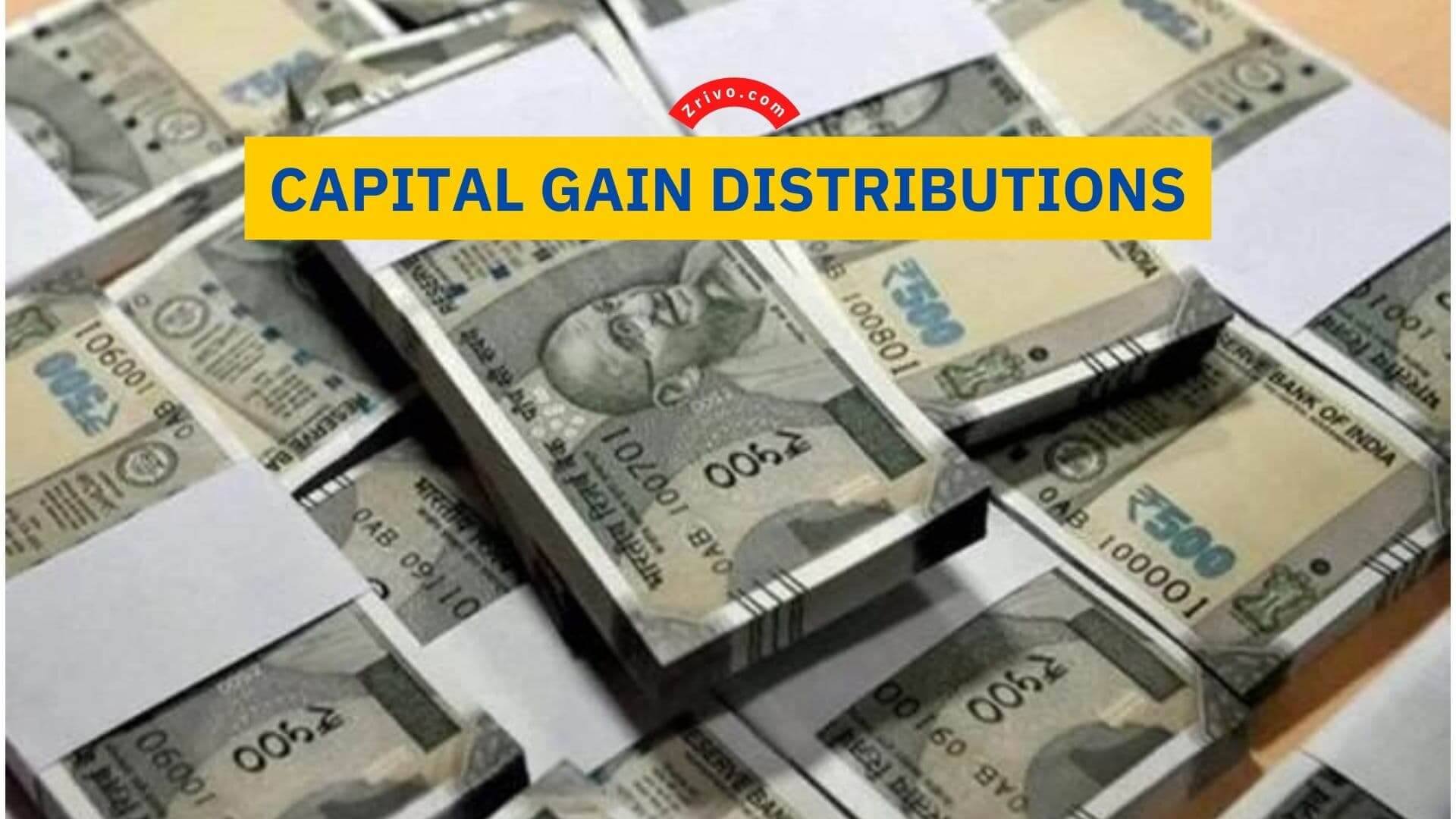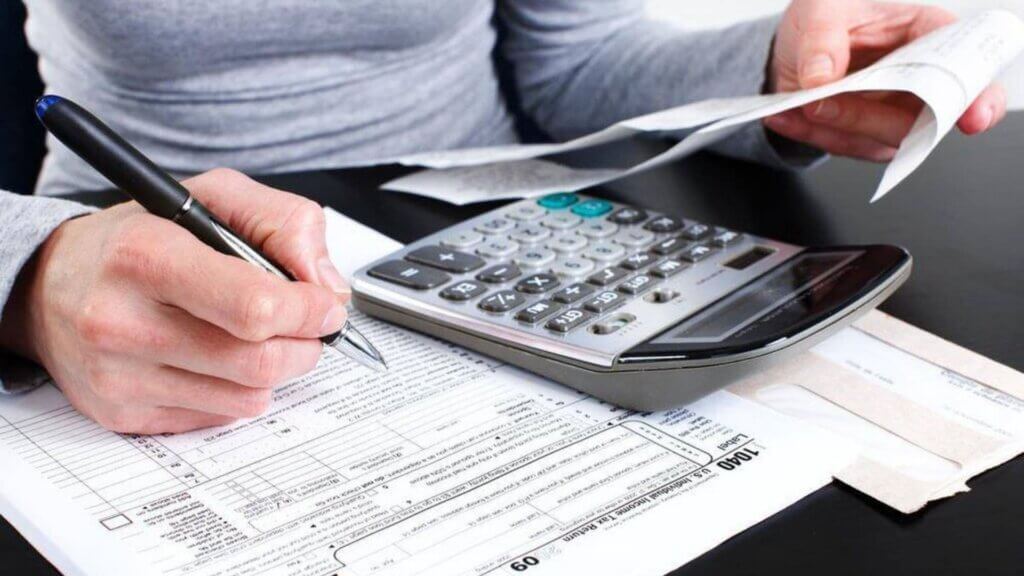
You may receive capital gain distributions each year if you own a mutual fund or exchange-traded fund (ETF). These payments come from the fund managers when they sell certain underlying investments for a profit. Whether you take the funds as cash or reinvest them in other shares of the fund is your decision. But the IRS considers them income, regardless of how you choose to treat them.
In general, your tax rate on these funds will depend on how long you owned the investment. Those that you hold for more than one year are considered long-term capital gains and will be taxed at a lower rate than ordinary income. Capital gains are subject to state and federal taxes, as with any other kind of income. Fortunately, many capital gain distributions are also qualified dividends, which are typically taxed at a lower rate than nonqualified dividends.
Another way to minimize your taxes on capital gain distributions is to invest in tax-exempt securities, such as municipal bonds. Some mutual funds have tax-exempt shares that could save you money on your taxes. You can also work with a financial advisor to ensure you’re paying the right amount of taxes on your distributions. They can help you navigate the nuances of capital gains distributions and find tax savings you may not know about.

How Do I Report Capital Gain Distributions?
If you own a share of a fund, you will receive a Form 1099-DIV, Box 2a, from the fund company reporting your capital gain distributions. These are taxed at ordinary income rates unless you hold them in a tax-deferred account such as an IRA or 401(k) and elect to reinvest the proceeds. This is important to understand as many investors are surprised at their tax bill when they receive a capital gain distribution. A typical example would be a fund that sells a share for $10 and then later pays a capital gain distribution of $2.
On the day of the distribution, you might notice that your fund’s share price has declined to $8. If you’re reinvesting your distribution, the $2 could buy you additional shares of the same fund at the lower price. The key is to keep an eye on your investments and talk to your financial advisor about how you might position them to minimize your tax burden. It’s also a good idea to consider investing in mutual funds that invest in municipal bonds, which are often tax-exempt at the federal level and can help reduce your taxes.
Whether you take the funds as cash or reinvest them in other shares of the fund is your decision. But the IRS considers them income, regardless of how you choose to treat them. In general, your tax rate on these funds will depend on how long you owned the investment. Those that you hold for more than one year are considered long-term capital gains and will be taxed at a lower rate than ordinary income.